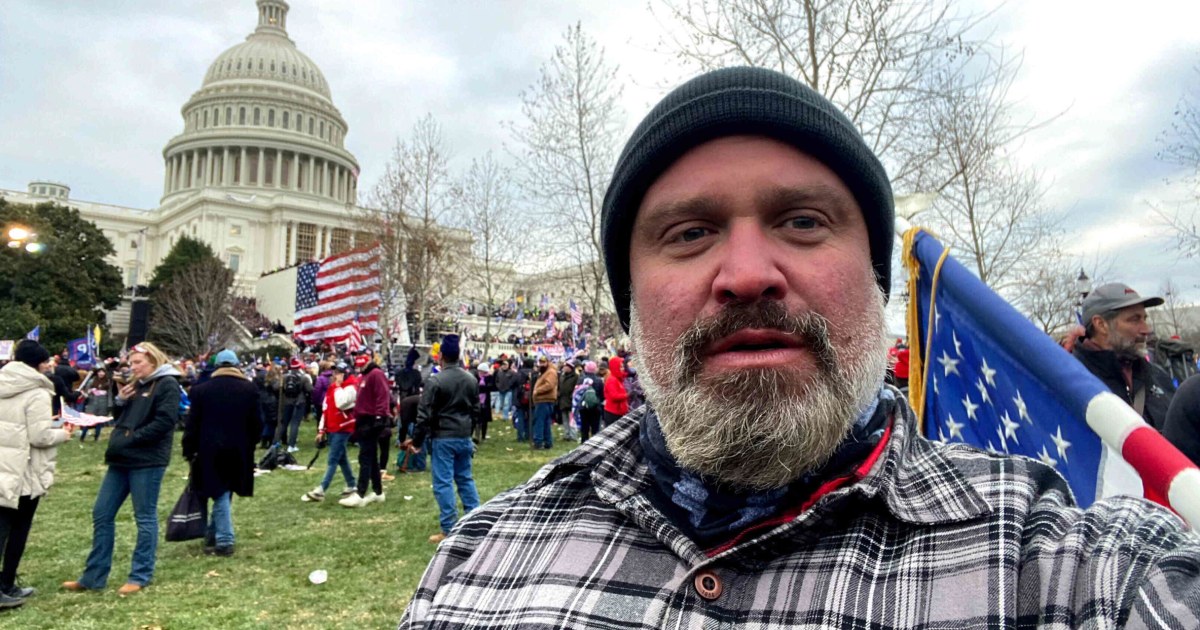Joe Biggs, a Proud Boys leader convicted of seditious conspiracy who the government says “served as an instigator and leader” during the Jan. 6 attack on the U.S. Capitol, was sentenced to 17 years in federal prison on Thursday.
It is among the longest sentences in Capitol riot cases. The record is the 18-year sentence given to Oath Keepers founder Stewart Rhodes, also convicted of seditious conspiracy, after prosecutors sought 25 years in federal prison in his case.



— Biggs’ lawyer, Norm Pattis
got it! gonna find the nearest crowded movie theatre and yell “FIRE!” at the top of my lungs. thanks, norm!
deleted by creator
It actually isn’t.
deleted by creator
Speech alone isn’t, this guy did more than speak.
deleted by creator
so is a conspiracy, incitement, etc… we are talking about the freedom of speech vs freedom of concequence from that speech. that is what I take issue with. inciting panic in closed confines has immediate consequences - this is clear and therefore typically prohibited.
political speech fomenting real-world violence (or panic) should result in the same level of legal consequence when action is taken based on that speech. imho, you can not separate the speech from the act once the act has taken place.
deleted by creator